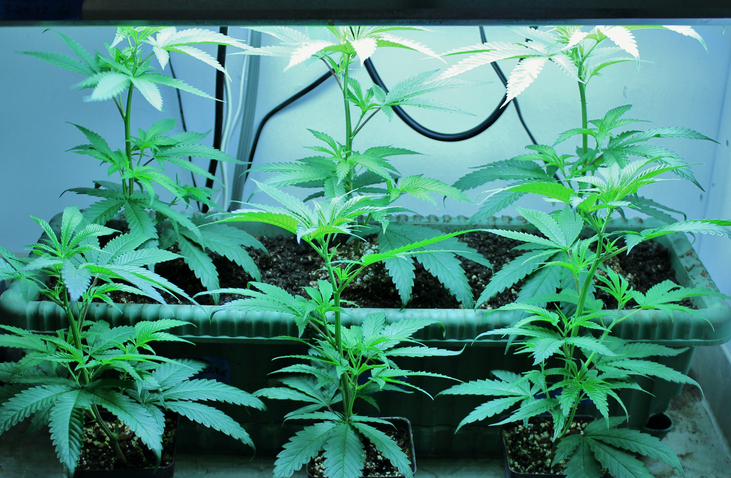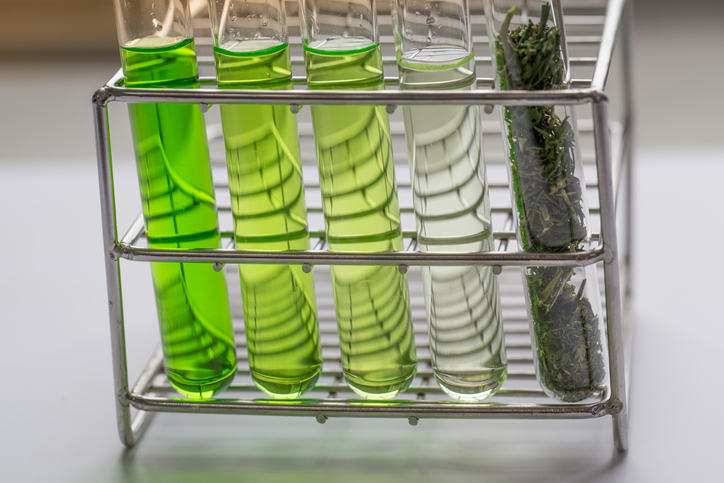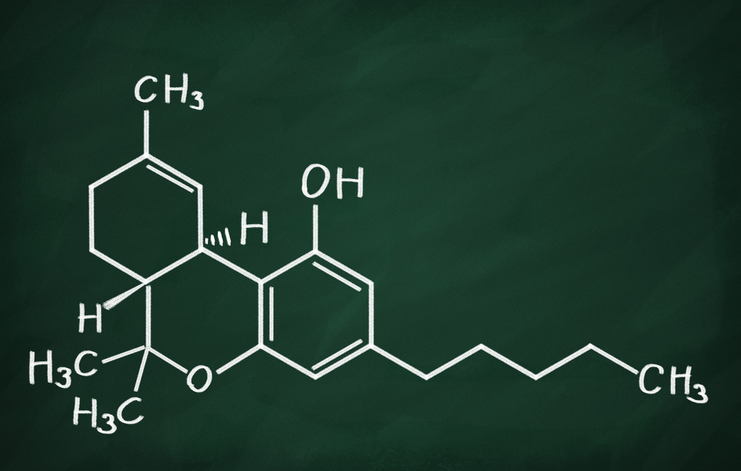Recent years have seen a sharp upswing in the frequency of use of medical marijuana. With several potential benefits to patients who use it, and few of the harsher side effects that can occur with opiates and many synthetic drugs, medical marijuana is being positioned as a gentler, more natural approach to achieving health and comfort.
Inside of marijuana are chemicals, called cannabinoids, that are responsible for the various benefits which can help users. Curious about what these chemicals are like, and what they do? Here’s a look at some of the main cannabinoids.
Tetrahydrocannabinol Has Recreational & Medicinal Uses
Tetrahydrocannabinol, better known as THC, is commonly known, controversial, and yet still medically useful. It’s the compound within marijuana that is largely responsible for users’ experience when recreationally consuming marijuana. This experience often includes sensations of euphoria, altered perception, and other symptoms as well.
Medically, THC offers a few significant benefits like pain relief, increased appetite, and relief from nausea, making it a versatile compound useful to people with chronic pain, living with cancer, or as a treatment for a number of other diseases or conditions. For these reasons, it’s an important cannabinoid known to professionals who work on developing marijuana for medical purposes.
Cannabidiol Is an Important Chemical for Marijuana for Medical Purposes
Cannabidiol (CBD) does not have the same mind-altering effects as THC, but still packs in a wealth of medicinal benefits for patients. It can help alleviate symptoms as varied as inflammation, anxiety, and pain, and can safely be consumed in high quantities.
An important aspect of the medical marijuana industry is that it is possible to engineer or selectively breed populations of marijuana that are higher in particular cannabinoids. Given that CBD offers many medical benefits without having a significant effect on a patient’s perception and reaction time, it’s become a particularly important project within the medical marijuana industry to create strains of marijuana that are high in CBD and low in psychoactive compounds like THC. Professionals with training in growing, breeding, and cultivating unique strains of marijuana will be hugely important to the task of delivering new, better CBD-rich varieties for patients going forward. After your training, you may find yourself working on just this sort of task.

Selective breeding of marijuana high in CBD is an important part of the modern medical industry
Pros With Medical Marijuana Training Ought to Take Note of Cannabichromene
None of the other cannabinoids within medical marijuana are as well known as THC and CBD, but that doesn’t mean they aren’t also important. One interesting compound that students in medical marijuana training may find worth exploring is known as “cannabichromene,” or CBC for short. The compound may have antidepressant, anti-tumour, and anti-inflammatory properties, making it a useful medicinal ingredient for many different people.
Importantly, there’s speculation that CBC could have its effects amplified when it is consumed alongside THC. Research is underway to see whether there is truth to this association, and whether other benefits are achieved or magnified when multiple cannabinoids are consumed together. If the research bears this idea out, it will likely result in less interest and work on isolated cannabinoid medications—pure CBC pills, for example—and more work on producing strains that optimize the amounts of and relationships between different cannabinoids.

Research is ongoing into the benefits of isolated cannabinoids vs. mixes
There remains plenty of research to be done on cannabinoids of all sorts, with a great deal of opportunity to be had for whoever can light on the ideal solution first. Training in the skills necessary for today’s medical marijuana industry could put you on the path to doing just this, and allow you to find success in a fast-growing and exciting industry.
Do you want to enjoy the excitement and opportunity of the medical marijuana industry?
Contact AAPS to learn about our quality assurance for medical marijuana program!




